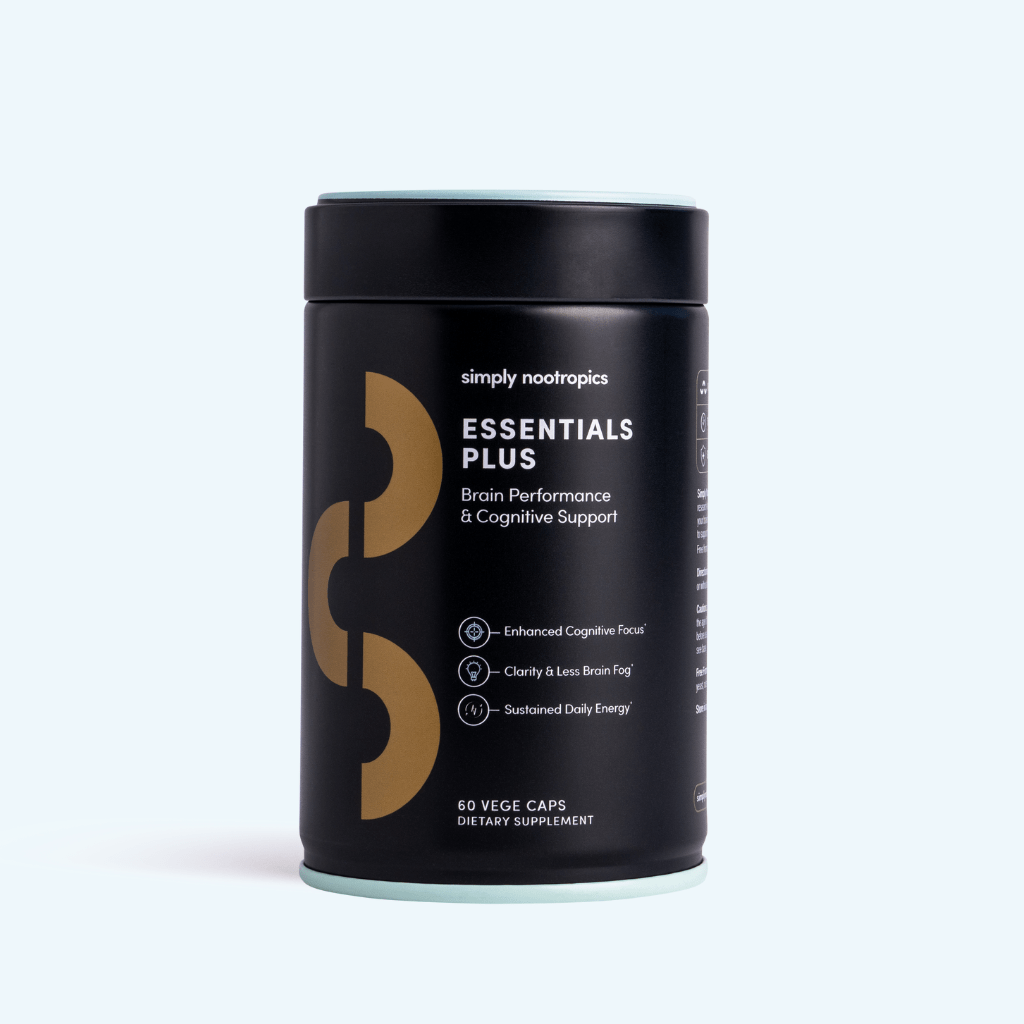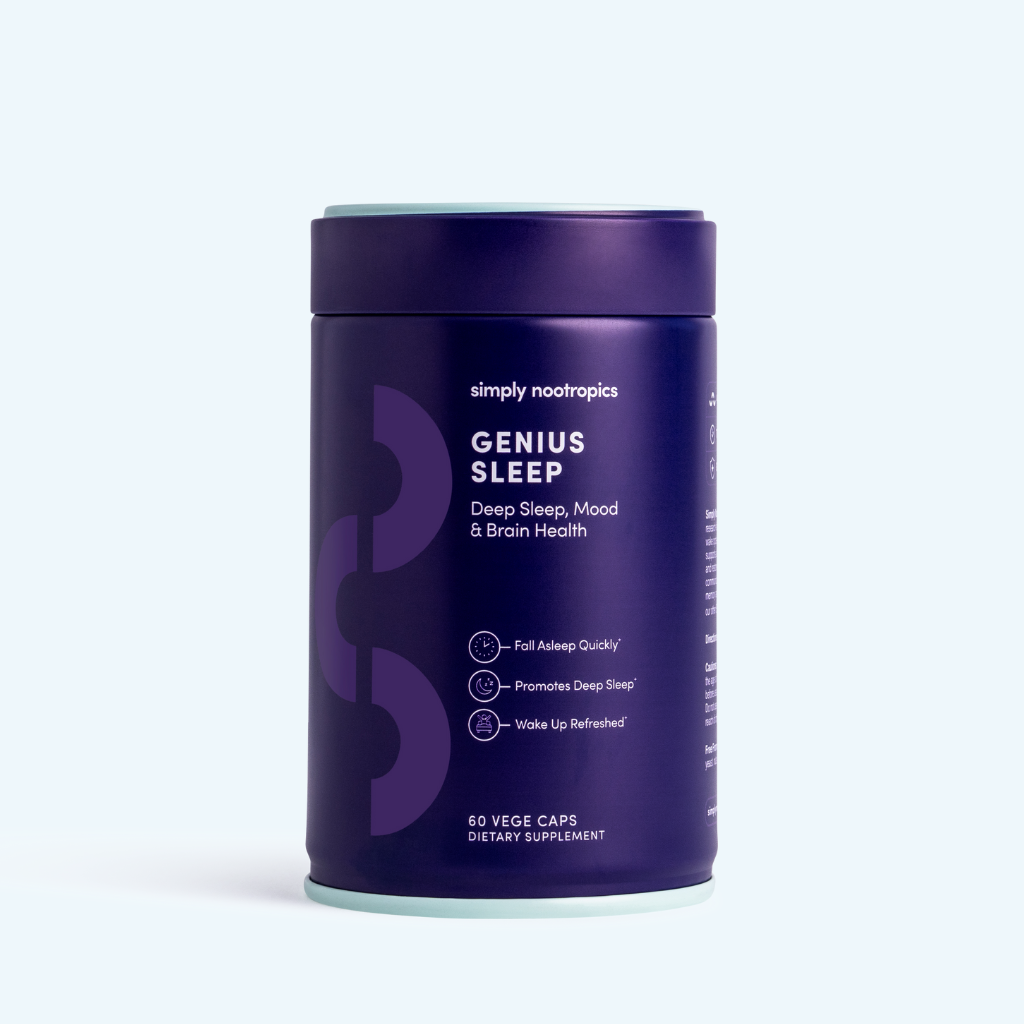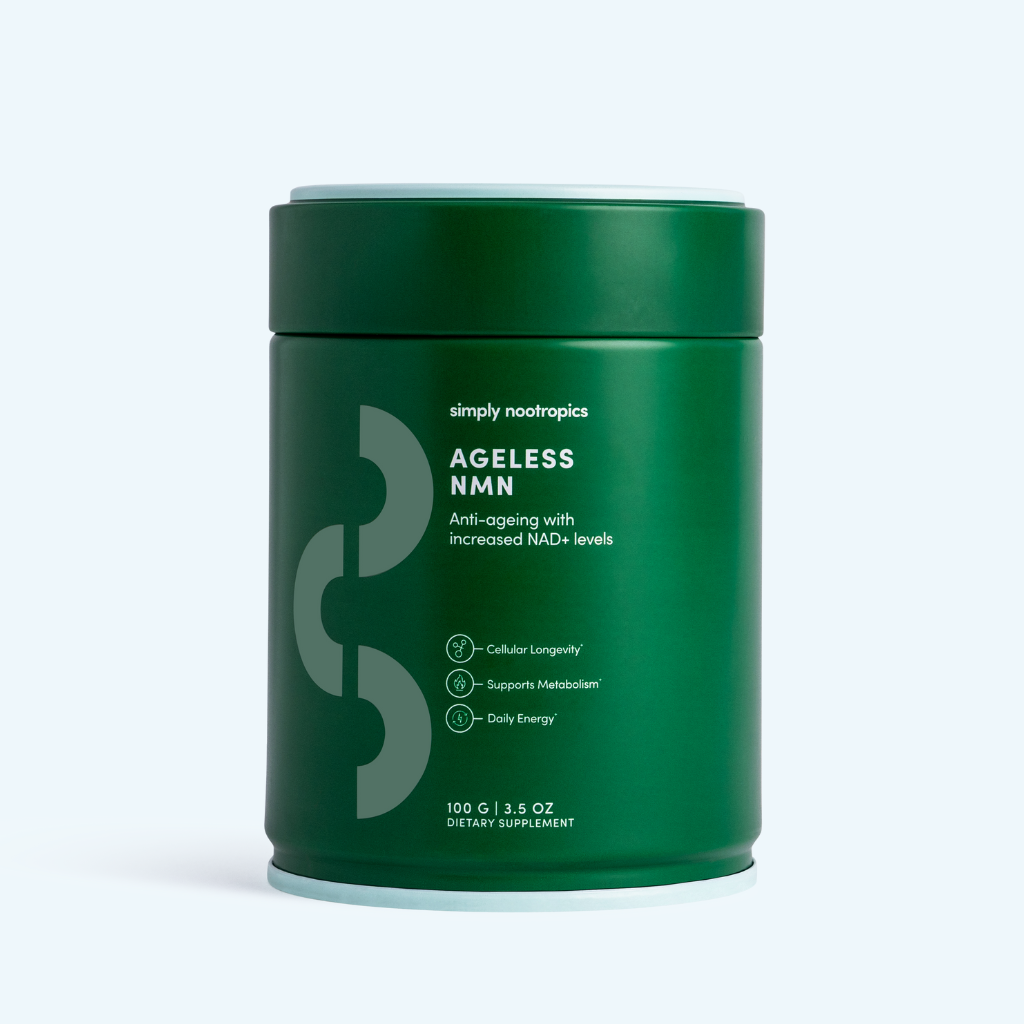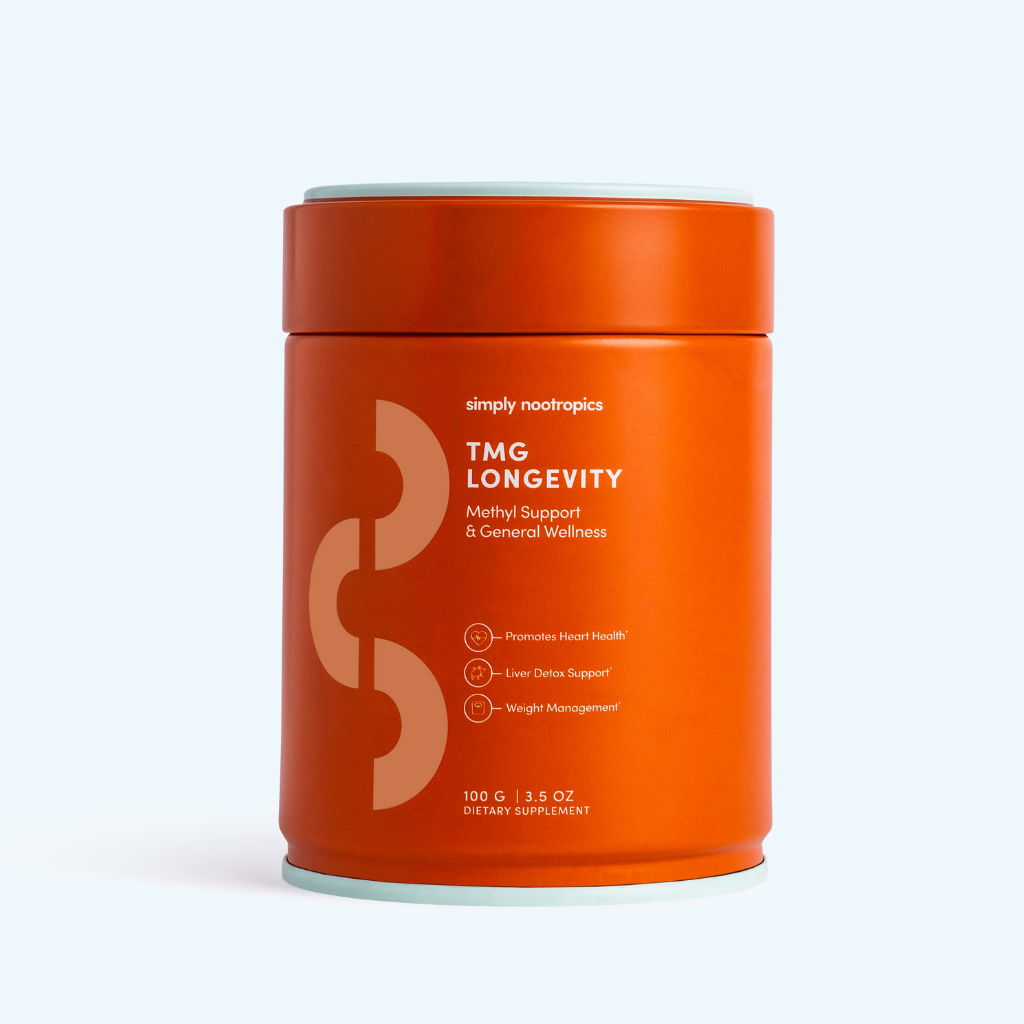Welcome to this week’s edition of Longevity News, where we explore the breakthroughs and innovations aimed at improving health and extending vitality. This week’s highlights include a surprising study on vitamin D and diabetes prevention, an advanced algorithm for improving epilepsy surgeries, a new tool to boost vaccination rates in children, and the cognitive benefits of choline, a key nutrient for brain health. With insights spanning physical, neurological, and preventative health, there’s something for everyone in this week’s discoveries.
Does High-Dose Vitamin D Prevent Diabetes?
Vitamin D has long been associated with various health benefits, including potential protection against chronic illnesses. However, a recent study from Finland challenges one commonly held belief: that high-dose vitamin D can reduce the risk of type 2 diabetes in older adults without prediabetes.
Conducted over five years, the Finnish Vitamin D Trial (FIND) involved nearly 2,500 men and women, aged 60 and older, who were given either a placebo or daily doses of 40 or 80 micrograms of vitamin D3. The results revealed no statistically significant differences in diabetes incidence among the groups.
While previous observational studies suggested a link between low vitamin D levels and a higher risk of diabetes, this controlled trial provides critical insights. For individuals without prediabetes and with already sufficient vitamin D levels, increasing supplementation did not appear to provide added protection.
Interestingly, the study also highlighted how different health conditions may require tailored approaches. Those at higher risk for diabetes due to prediabetes or other metabolic concerns could potentially benefit from focused vitamin D supplementation, but for the general population, diet and exercise remain the cornerstone of prevention.
These findings emphasize the importance of targeted supplementation rather than a one-size-fits-all approach. For those already maintaining adequate vitamin D levels, other lifestyle changes, like healthy eating and regular exercise—may offer more effective prevention strategies for type 2 diabetes.
The Revolutionary Algorithm
Epilepsy is a debilitating neurological condition affecting millions worldwide. For patients with drug-resistant epilepsy, surgery is often the last resort, but it’s only successful about 60% of the time. A new tool developed by neural engineers at Duke University aims to improve these odds dramatically.
This innovative algorithm, called TEDIE (Temporally Dependent Iterative Expansion), enables neurosurgeons to map seizures with unprecedented precision. Traditional diagnostic tools like EEG or even invasive stereo-EEG often fail to show the full pathway of a seizure, leading to incomplete removal of seizure-causing brain regions. TEDIE solves this problem by reconstructing how neural activity travels during a seizure, helping surgeons better identify its true point of origin.
In trials, TEDIE proved to be far more accurate than existing methods, pinpointing seizure origins in cases where previous surgeries had failed. Researchers are optimistic that this tool could improve surgical outcomes for epilepsy patients, potentially raising success rates well above the current average.
This breakthrough also highlights the potential for technology to bridge gaps in treatment. By refining tools like TEDIE and making them more accessible, patients across the globe could receive better diagnoses and outcomes, offering hope to those living with this challenging condition.
TEDIE’s creators are now working to adapt the algorithm for less invasive diagnostic methods, such as conventional EEG. This development could make precision seizure mapping more accessible to patients worldwide, revolutionizing epilepsy care and offering hope to those living with this challenging condition.
The Vaccination Software
A novel software tool developed by Queen Mary University of London has significantly improved vaccination rates for the measles, mumps, and rubella (MMR) vaccine in North East London. Known as APL-Imms, the tool is part of a broader quality improvement program designed to ensure children receive routine vaccinations on time.
The program has already led to over 1,000 additional children being vaccinated. The software streamlines the recall process by identifying children due for vaccination and notifying their healthcare providers, ensuring no one slips through the cracks. It also integrates into the daily workflows of GP practices, making it easier for staff to manage vaccination schedules.
Practices that received hands-on training and support for implementing the tool saw even greater improvements in vaccination rates. This underscores the importance of pairing technology with human facilitation to maximize its impact.
The benefits of tools like APL-Imms go beyond public health; they also help prevent outbreaks of vaccine-preventable diseases, which can be costly and dangerous. Measles, in particular, is one of the most contagious diseases, capable of spreading rapidly in unvaccinated populations.
Measles, in particular, is a highly contagious disease that can cause severe complications. With one infected child potentially spreading the virus to nine others in a classroom, increasing vaccination coverage is critical to public health. The success of APL-Imms demonstrates how data-driven tools can be leveraged to address this challenge and protect communities from preventable diseases.
Choline: A Brain-Boosting Nutrient
Choline, an essential nutrient found in foods like eggs and fish, is gaining recognition for its potential to protect the brain from cognitive decline. Recent research suggests that choline may help combat the effects of Alzheimer’s disease by addressing two key mechanisms linked to its progression.
First, choline reduces the production of amyloid-beta plaques, a hallmark feature of Alzheimer’s. These plaques disrupt neural communication, leading to memory loss and cognitive decline. By minimizing their formation, choline helps preserve the brain’s structural integrity.
Second, choline dampens the activation of microglia, specialized cells responsible for clearing debris in the brain. While microglia are essential for brain health, their overactivation can lead to inflammation and neuronal death—two common contributors to Alzheimer’s and other neurodegenerative conditions. Choline helps maintain a delicate balance, ensuring these cells perform their protective functions without causing harm.
This nutrient is particularly exciting because it offers a safe, accessible way to support brain health across a person’s lifespan. Its role in reducing inflammation and protecting against neuronal damage positions it as a promising candidate for combating not only Alzheimer’s but also other neurodegenerative diseases like Parkinson’s and multiple sclerosis.
For those looking to incorporate choline into their daily routine, supplements like Essentials Plus provide an easy and effective solution. Featuring CDP Choline, a highly bioavailable form of this nutrient, Essentials Plus is designed to support memory, focus, and overall cognitive health.
Longevity Tip of the Week
Prioritise brain health with nutrient-rich foods. Add choline-rich options like eggs, fish, and broccoli to your meals to support cognitive function naturally. Pair this with regular mental exercises, like puzzles or learning new skills, to keep your brain sharp for years to come.

















